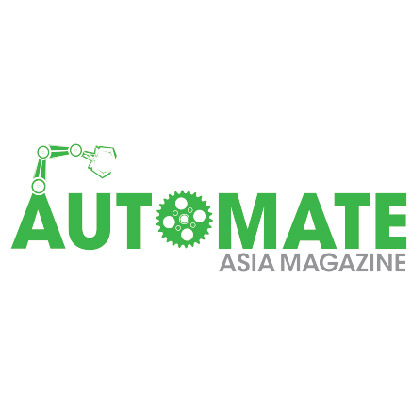3 Things to Know about Deionized Water
- Automate Asia Magazine

- Sep 4, 2024
- 3 min read

In precision-driven industries where quality is non-negotiable, deionized water plays a vital role. Unlike readily available tap water, it undergoes a rigorous purification process, removing dissolved minerals and salts to achieve exceptional purity. This meticulously treated water supports diverse industries, enabling manufacturers to produce cutting-edge technologies and safeguard product integrity.
Here are three interesting insights on the unique properties of deionized water:
1. Demystifying the Transformation
Deionized water is water that has been stripped of its conductive constituents, rendering it electrically neutral and chemically inert. This is achieved by running water through ion exchange resins which act as microscopic magnets, selectively attracting and capturing dissolved minerals and salts in the water.
Why deionize? Though inconsequential for everyday uses, the presence of dissolved ions in tap water can pose significant challenges in industrial applications. They can disrupt sensitive chemical reactions, corrode vital equipment, and compromise product quality. Stripped of disruptive mineral interferences, deionized water forms a predictable and dependable base for a variety of high-precision applications.

2. Purity with Nuance
While both deionized and distilled water strive for the crown of purity, their paths diverge. Distillation relies on the age-old art of boiling, capturing the pristine steam that condenses into pure water, leaving behind a concentrated broth of minerals. Deionization, on the other hand, employs the finesse of ion-hungry resins, directly extracting the offending ions.
Production methods: Distillation demands significant energy expenditures, while deionization often boasts a gentler footprint. However, deionized water possesses a thirst for atmospheric carbon dioxide, leading to slight acidity over time. Distilled water, on the other hand, maintains its neutral stance.
Technology's guiding hand: Both processes have thrived under the watchful eye of technological advancements. Modern deionization systems utilize sophisticated mixed-bed resins for enhanced ion removal, while real-time monitoring ensures consistent water purity.

3. Purity Reigns Supreme
Deionized water is essential in many industries outside of sterile laboratories, powering progress and safeguarding quality. Some examples include:
Semiconductor fabrication: In the intricate world of chip manufacturing, deionized water is used extensively for cleaning and rinsing electronic components, circuit boards, and other sensitive parts, washing away contaminants, oils, and particles that would threaten the performance and reliability of the electronic devices.
Food & beverage production: Deionized water is used as an ingredient water to ensure consistent water quality as this can alter the taste, texture, and appearance of the final products.
Power generation: The use of deionized water in cooling towers and heat exchangers prevents scale formation and corrosion, ensuring boilers and turbines hum efficiently.
Textile processing: From fabric rinsing to dyeing, deionized water plays a crucial role in removing impurities and residual chemicals to ensure the quality and durability of textiles.
Chemicals & petrochemicals manufacturing: High-purity deionized water is used in production and formulation as impurities can lead to unwanted chemical reactions or interactions.

Embracing the Power of Purity
Deionized water is more than just pure; it's a critical element in ensuring accuracy, quality, and safety across various industries. Its multifaceted applications, from powering scientific research to ensuring the efficacy of life-saving medicines, showcase its undeniable significance.
Veolia Water Technologies, a leader in water treatment solutions, recognizes the vital role deionization plays in various sectors. The company’s Service Deionization offering provides customized solutions tailored to specific purity requirements and operational needs. With expertise in resin selection, system design, and ongoing maintenance, Veolia ensures a reliable and cost-effective supply of deionized water for clients across China, Malaysia, Singapore, and Thailand.
To find out more about Veolia’s Service Deionization solutions, please visit www.veoliawatertechnologies.com/asia/en/solutions/services/service-deionization or email marcom.apac@veolia.com.





-01.jpg)


